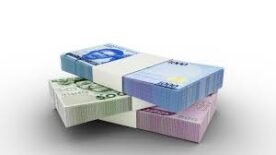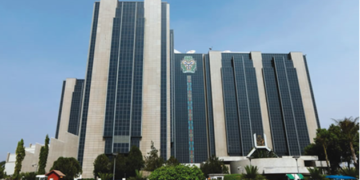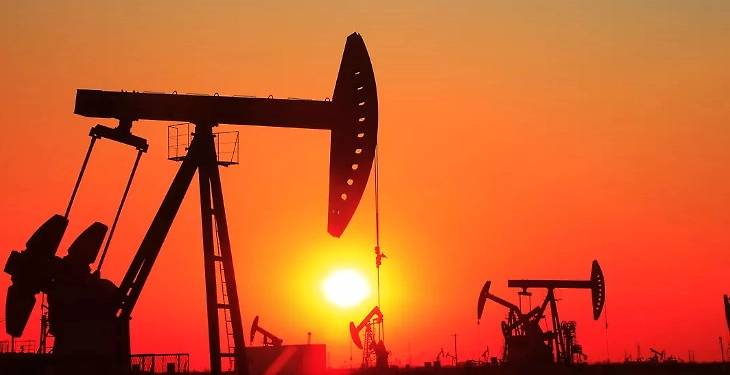Oil price rose on Monday morning to hit $52 following President Trump’s signing of the coronavirus aid package which he earlier said he wouldn’t sign.
Another catalyst to oil price is the mass vaccination which was launched by the EU on Sunday.
In another development, the United Kingdom is considering the approval of Oxford-AstraZeneca Vaccine, which is a much cheaper vaccine and can be stored at a more friendly temperature, unlike the Pfizer vaccine.
Despite the morning rise, oil price has steadied with Brent crude trading $51.34 per barrel at 14:24GMT after trading as high as $52.02 per barrel. U.S. West Texas Intermediate (WTI) crude is trading at $48.22 after reaching a day high of $48.96 per barrel.
Nigerian Bonny light traded at $50.43 per barrel.
Read also: NSE Growth Board: Benefits for SMEs and how to list on the Board
“The signing of the U.S. stimulus bill, with the possibility of an increased size, should put a floor under oil prices in a shortened week,” said Jeffrey Halley, an analyst at broker OANDA.
Oil price has recovered from historic lows hit this year as the emerging pandemic hammered demand which pushed oil price to negative territory.
Brent reached $52.48 on December 18, its highest since March. But, the rise was hampered by the emergence of a new variant of the virus which resulted in restrictions being reimposed especially in Europe.
Focus is now shifting to the upcoming meeting of the Organization of the Petroleum Exporting Countries and allies (OPEC+) as the group plays an important role in supporting oil prices.
Read: Retirement: when and how to prepare to be financially ready
The group in a meeting postponed by two days and additional delay on Thursday agreed to increase output slightly from January by 500,000 barrels per day with ministers hold monthly consultations to decide on the next steps
The agreed increase means the Organization of the Petroleum Exporting Countries (OPEC) and Russia, a group known as OPEC+, are set to reduce production by 7.2 million bpd, or 7% of global demand from January, compared with current cuts of 7.7 million bpd.
By: Ifunanya Ikueze



















































